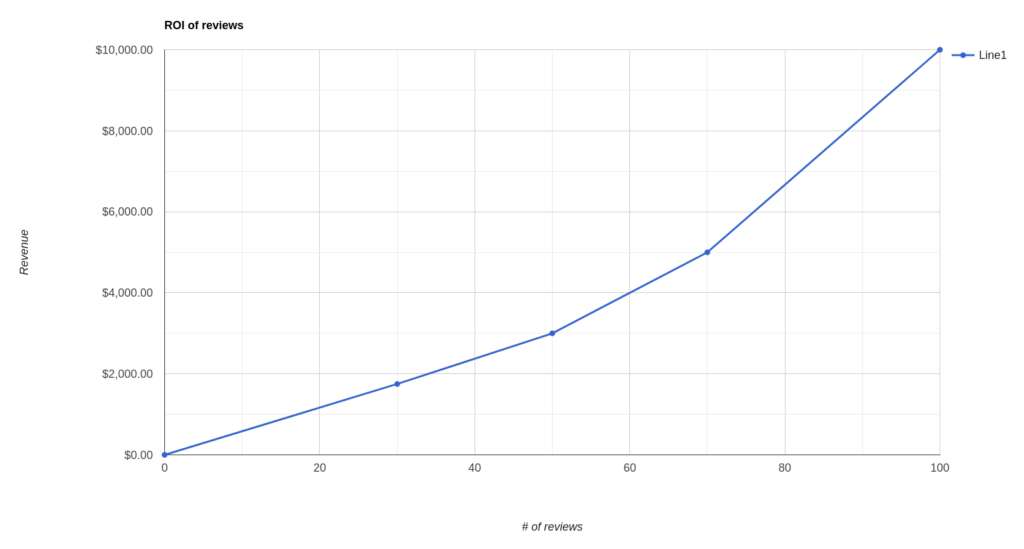Selecting the ideal web hosting solution is crucial for any online venture. Two popular options available today are shared hosting and dedicated hosting. In this article, we will explore the key differences between these hosting types, their pros and cons, and help you make an informed decision based on your specific needs.
Shared Hosting: The Affordable and Beginner-Friendly Choice
Shared hosting is a web hosting model where multiple websites are hosted on a single server. It is an economical option suitable for individuals, small businesses, and startups. Here are some important aspects to consider:
- Cost-effectiveness: Shared hosting is incredibly affordable as the cost is divided among multiple users, making it an attractive option for those on a limited budget.
- Ease of use: Shared hosting providers typically offer user-friendly control panels and pre-installed applications, making it easy for beginners to set up and manage their websites without technical expertise.
- Maintenance and security: The hosting provider is responsible for server maintenance, security updates, and backups, allowing users to focus on their website content and functionality.
- Limited resources: Since server resources are shared among multiple users, the performance and speed of your website may be affected if other sites on the server experience high traffic or resource usage.
- Scalability limitations: Shared hosting may have limitations on resource usage, including storage space, bandwidth, and processing power, which can restrict the growth potential of resource-intensive websites.
Dedicated Hosting: Unmatched Performance and Control
Dedicated hosting involves leasing an entire server exclusively for your website. This hosting solution is recommended for high-traffic websites, resource-intensive applications, and businesses with specific requirements. Let’s explore its features:
- Enhanced performance: With dedicated hosting, you have complete access to the server’s resources, ensuring optimal performance, faster loading times, and higher uptime, even during peak traffic periods.
- Customization and control: Dedicated hosting grants you full control over server configurations, allowing you to install custom software, customize security settings, and tailor the server environment to meet your unique needs.
- Improved security: As the only user on the server, you have enhanced security and reduced vulnerability to hacking attempts or malware infections. This is particularly important for websites dealing with sensitive customer data.
- Scalability and growth potential: Dedicated hosting offers scalability options, allowing you to expand resources as your website grows. This flexibility ensures that your site can handle increasing traffic and evolving demands.
- Technical expertise required: Unlike shared hosting, dedicated hosting requires technical proficiency or dedicated IT personnel to manage the server, perform updates, and address any issues that may arise.
Making the Right Choice
Choosing between shared hosting and dedicated hosting depends on your website’s specific requirements and goals. Here are a few considerations to help you make an informed decision:
- Budget: If you have a limited budget or are just starting out, shared hosting is a cost-effective option. However, if performance and customization are your top priorities, dedicated hosting is worth the investment.
- Website traffic and resource needs: Evaluate the expected traffic volume and resource requirements of your website. Shared hosting is suitable for low to moderate traffic websites, while dedicated hosting caters to high-traffic sites with demanding resource needs.
- Technical expertise: Assess your technical skills and availability of IT support. Shared hosting is user-friendly and requires minimal technical knowledge, while dedicated hosting demands expertise or dedicated IT personnel.
- Growth potential: Consider your long-term plans for your website. If you anticipate rapid growth and scalability needs, dedicated hosting offers the necessary resources and flexibility to accommodate expansion.
Conclusion
Choosing the right web hosting solution is pivotal for online success. Shared hosting is an affordable and beginner-friendly choice, whereas dedicated hosting provides unmatched performance, control, and scalability. Assess your website’s requirements, budget, and growth potential to make an informed decision. Whether you opt for shared hosting or dedicated hosting, remember that regular backups, strong security measures, and excellent customer support are essential for a smooth hosting experience.





